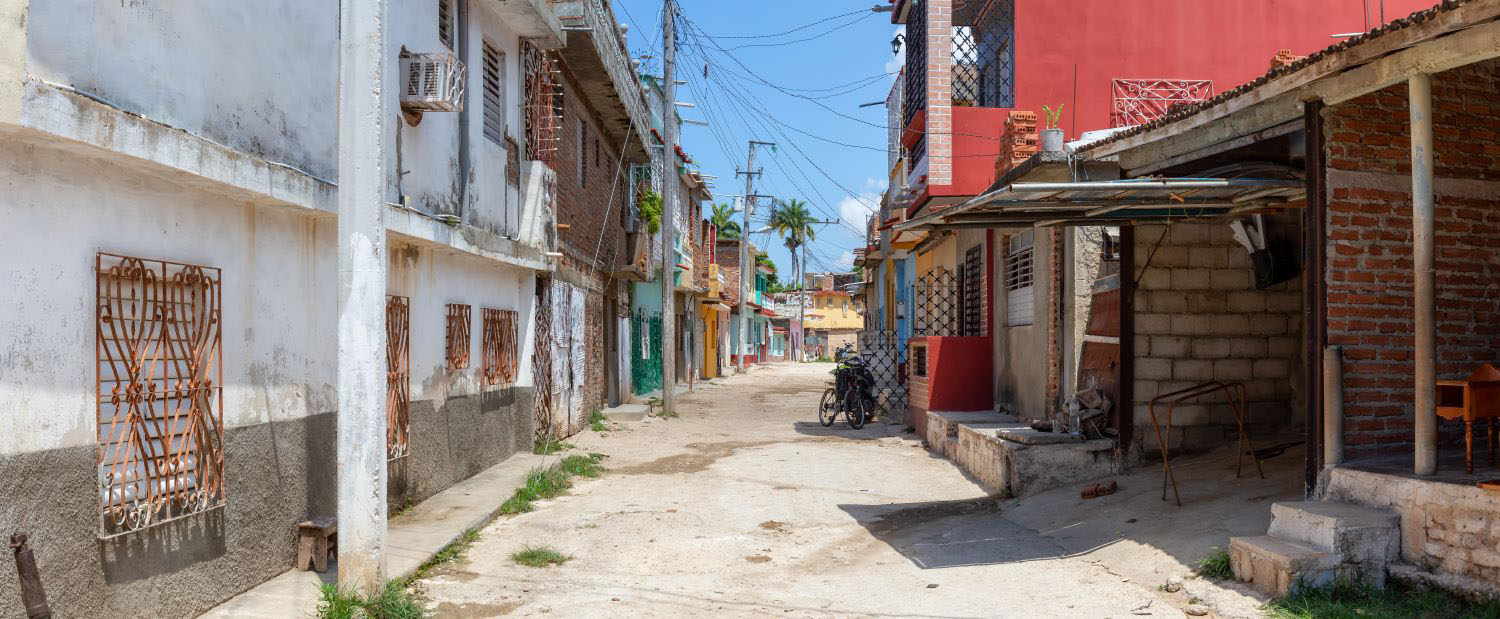Update: On March 29, the U.S. Senate confirmed Pamela White to be Ambassador of the United States of America to the Republic of Haiti.Assuming she is confirmed by the Senate, Pamela White is set to become the next U.S. ambassador to Haiti. In her March 14
confirmation hearing, White and the senators agreed on one message: Haiti’s unstable government is impeding post-earthquake recovery, including U.S. aid efforts. But White could consider alternative approaches—from migration policy to mobile money—that might do more to help Haitians right now.Senator Robert Menendez (D-NJ), who chaired White’s confirmation hearing, asked whether political instability is hindering reconstruction and development in Haiti. Recent
political strife and Prime Minister Garry Conille’s
resignation have once again left the country without a fully functioning government. Sen. Menendez said he believes “the government of Haiti is the biggest obstacle towards the type of further progress we’d like.” White agreed and said “we need the government to move, too.”Senator Marco Rubio (R-FL) still has hope for a renewed U.S.-Haiti partnership. “There are tremendous opportunities there for the hemisphere,” Rubio said, “if in fact Haiti can turn the corner and build for themselves a more prosperous society and a more functional government, and the United States can provide invaluable assistance in that regard.” Ambassador White echoed Senator Rubio’s remarks and said “if confirmed, I will press Haiti’s leaders and its people to show through actions their commitment to democratic values and a genuine openness to business.”Meanwhile, White could consider complementary alternatives to traditional aid. My CGD colleagues have proposed
fresh ideas to help Haiti recover from the earthquake:
- Use U.S. migration policy. The U.S. government recently made Haiti eligible for the largest U.S. temporary worker visa program (H-2A/H-2B). CGD senior fellow Michael Clemens says this could unlock hundreds of millions of dollars in new economic opportunity for Haitian workers and their families—at zero cost to the U.S. government and no increase in overall U.S. immigration. But the United States could do more by expediting admission of Haitians already approved for family-based U.S. permanent residency (most are stuck on a 3 to 11 year wait list). A coalition of 95 members of Congress plus a number of governors, mayors, city councils, and civil society organizations has asked the administration to take this step.
- Give (mobile) money directly to Haitians. CGD senior fellow Charles Kenny says mobile money is a better, faster way to put aid directly in the hands of those who need it. He praises Mercy Corps’ new model in Haiti and says mobile money could be used now and traditional development assistance can wait.
- Register NGOs and coordinate with the government. There are somewhere between 343 and 20,000 NGOs operating in Haiti. CGD senior fellow Vijaya Ramachandran talks about the proliferation of NGOs in Haiti, many of whom are filling the void left by Haiti’s government. Ramachandran says registering NGOs is a first step towards improving the relationship between Haiti’s government and NGOs, and in turn, improving security, infrastructure and public financial management.
Sen. Menendez
supports White’s confirmation and the foreign relations committee is set to vote on the nomination today. If she’s confirmed, I’ll be watching for White’s support for some of these non-traditional development approaches in Haiti.
CGD blog posts reflect the views of the authors, drawing on prior research and experience in their areas of expertise.
CGD is a nonpartisan, independent organization and does not take institutional positions.





